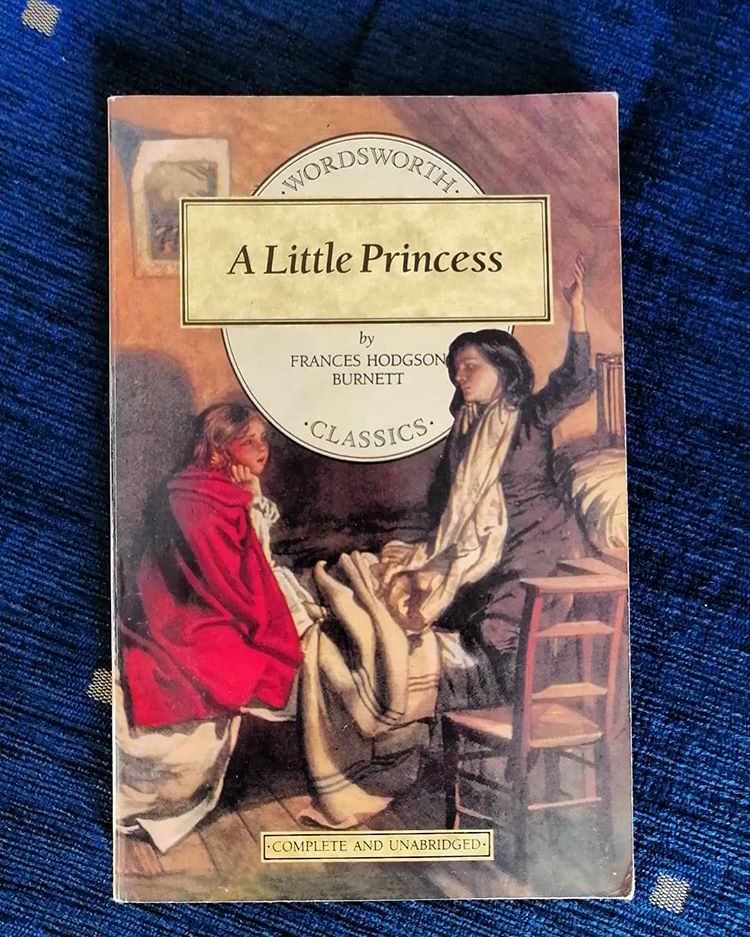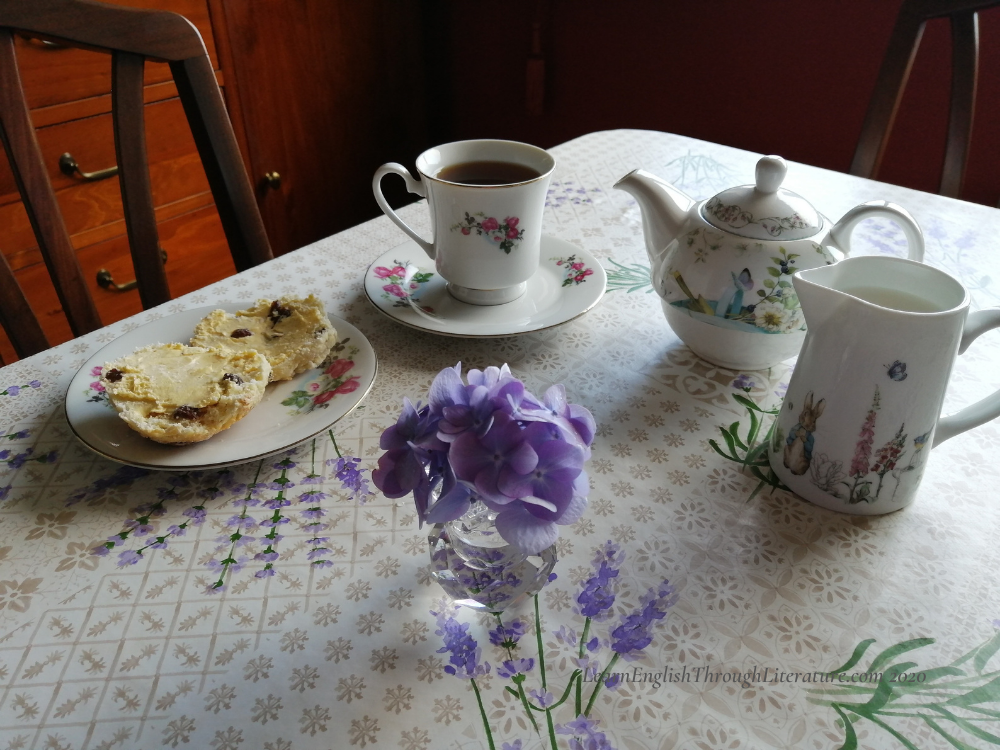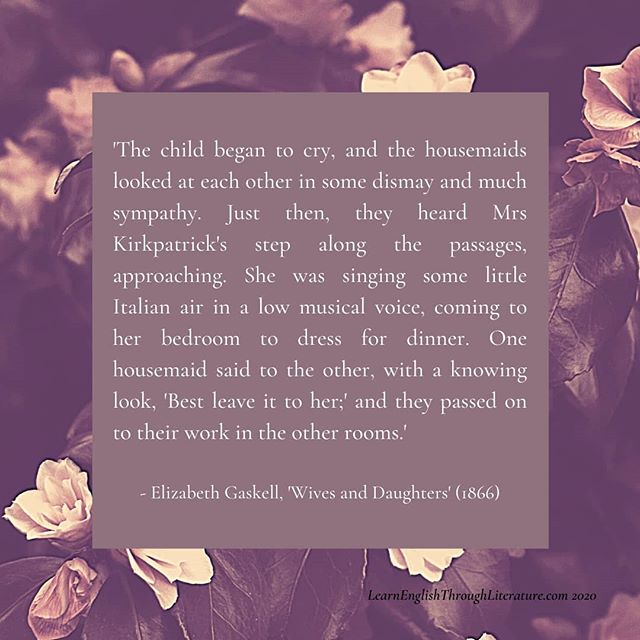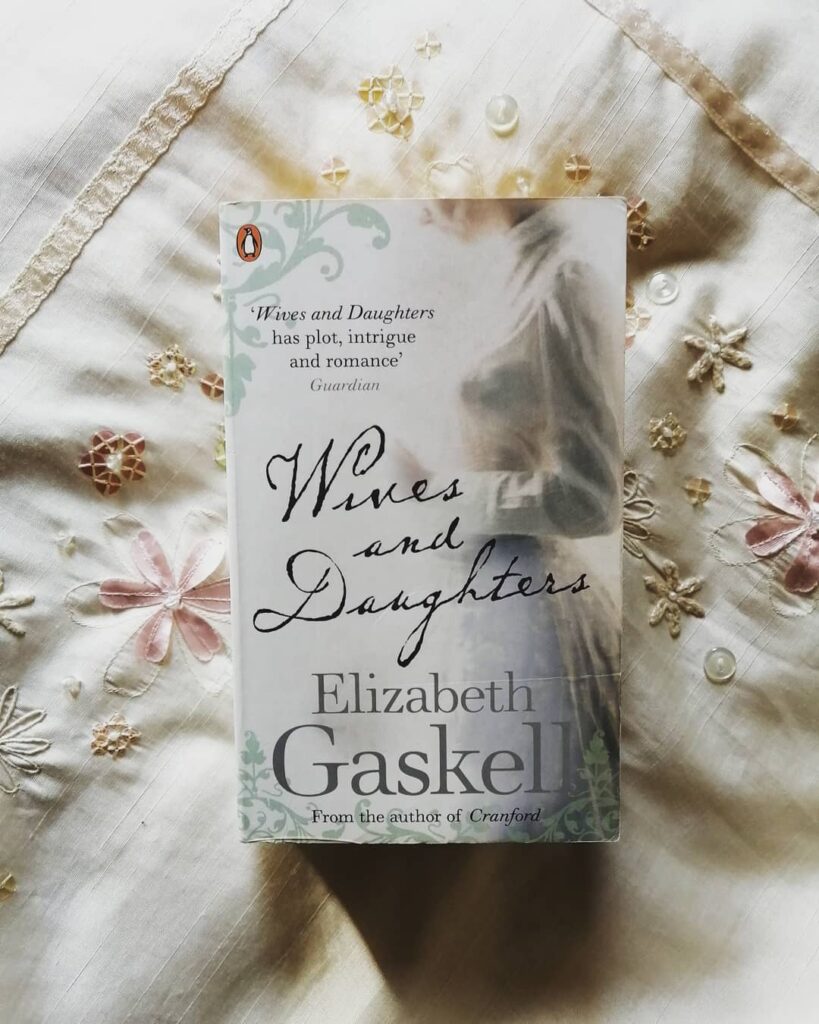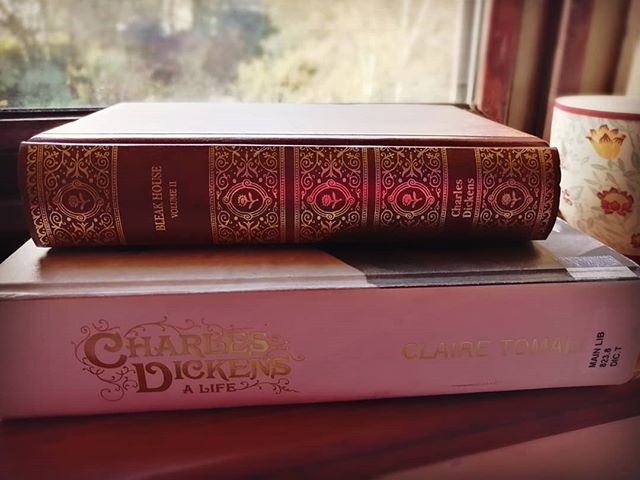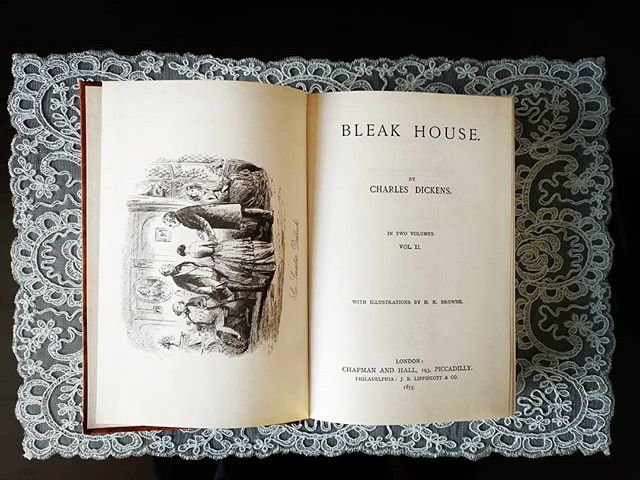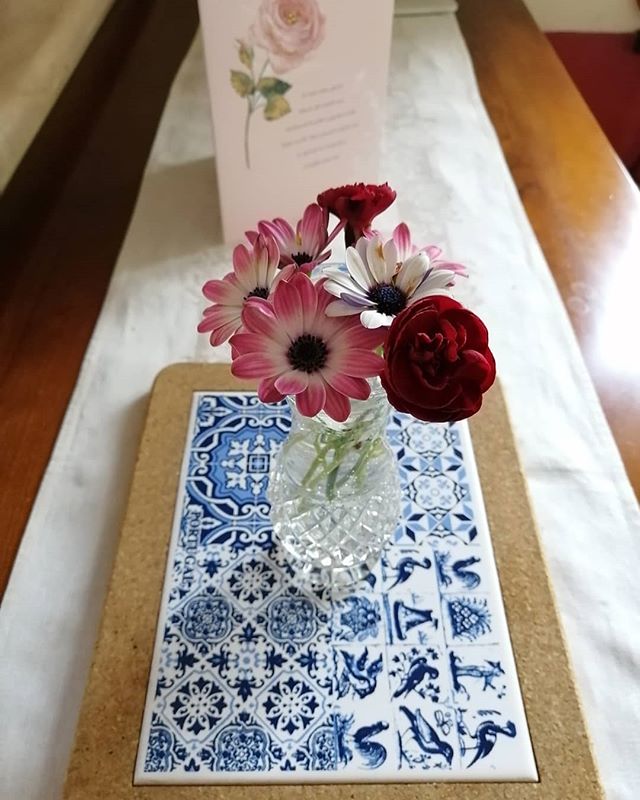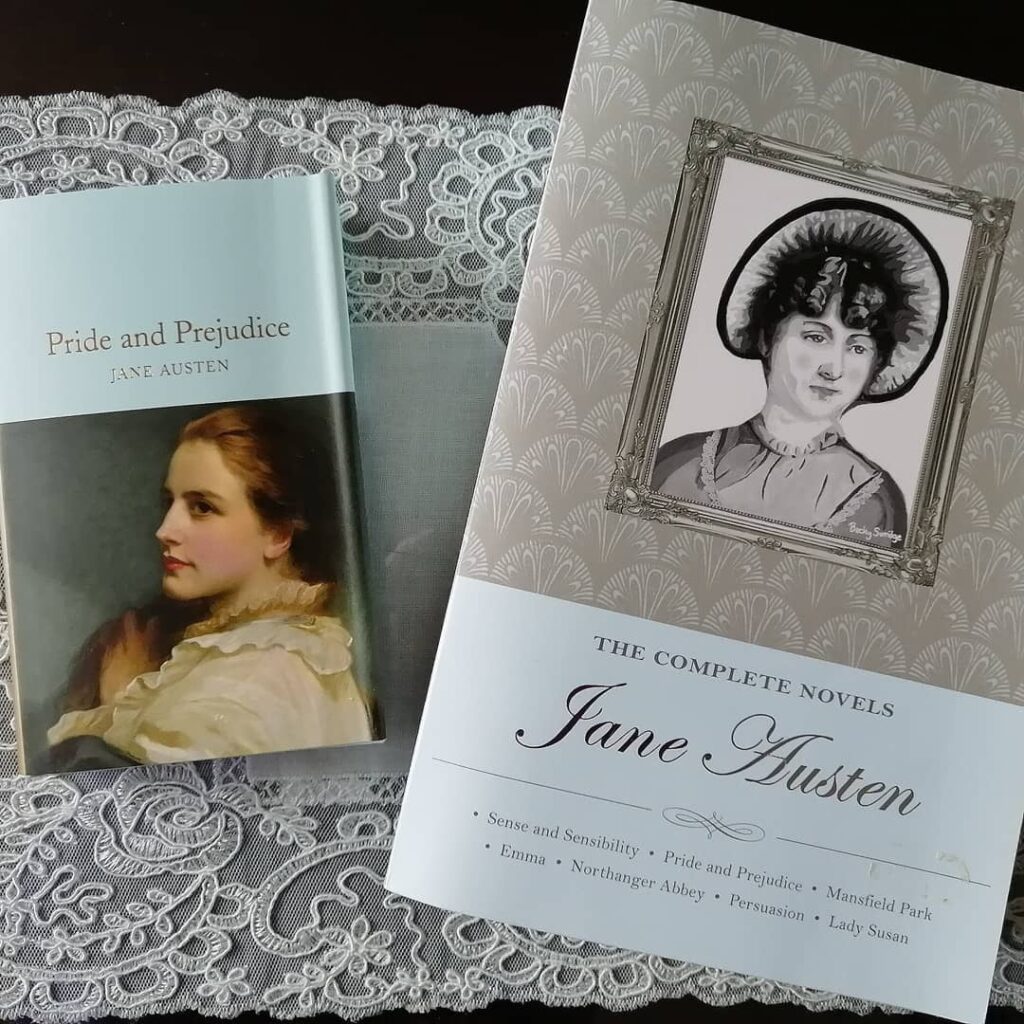Lesson #120: Mini-lesson Monday (Part 1): How Frances Hodgson Burnett’s Children’s Book Illustrates Effective Writing
Mini-lesson Monday (Part 1): I still have some childhood favourites on my bookshelf – books that I read and dreamt about so often as a young girl. One of those was Frances Hodgson Burnett’s A Little Princess (1905), which I am looking forward to sharing with you today (at least a small part of it)! Today I’d […]

